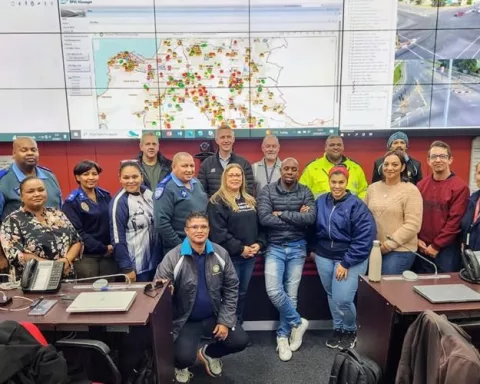South Africa’s Parliament is currently working on enhancing the ease of doing business in the country. Two bills have been tabled that aim to increase transparency around beneficial ownership and remuneration policies while implementing recommendations from the Zondo Commission of Inquiry on State Capture. The Trade, Industry, and Competition Minister, Ebrahim Patel, provided insights into these bills while addressing the Parliamentary Portfolio Committee.
Clear and User-Friendly Company Laws
Minister Patel emphasized the importance of clear and user-friendly company laws that adhere to established principles and avoid overburdening businesses. These factors are crucial in attracting investments, boosting domestic economic efficiency, and fostering job creation. The proposed amendments aim to advance these goals by offering legal certainty, more flexibility for companies in certain situations, and eliminating unnecessary provisions in the current Act.
Enhanced Transparency and Excessive Remuneration
The bills aim to improve transparency regarding beneficial owners and their remuneration policies. Shareholders will be informed during annual general meetings about remuneration policies, the pay of top executives, and the wage gap between the highest and lowest 5% of earners within a company. This aim arises as there is growing concern over excessive remuneration, especially among company leaders, which has prompted policy considerations in several significant foreign jurisdictions.
Companies Amendment Bill, 2023
The first bill, called the Companies Amendment Bill, 2023, addresses administrative matters, including beneficial ownership and remuneration policies discussed earlier. This bill has undergone extensive public consultation since 2018, including the publication of an original draft bill, a revised draft bill in 2021, and a two-year engagement period in the National Economic Development and Labour Council (Nedlac) between business, labor, and government. The Specialist Committee on Company Law, a statutory body chaired by Professor Michael Katz, has contributed significantly to the bill.
Among other features, the bill covers share buy-backs, financial assistance from holding companies to subsidiaries, the appointment of auditors, and reducing company types subject to the Takeover Regulation Panel’s jurisdiction. The bill also aims to alleviate administrative burdens on small and medium-sized businesses by eliminating certain filing requirements with the Companies and Intellectual Property Commission (CIPC) and the Takeover Regulation Panel.
Companies Second Amendment Bill, 2023
The second bill, titled the Companies Second Amendment Bill, 2023, proposes actions that can be taken to declare directors delinquent. It suggests extending the current two-year time bar to five years or longer, as determined by a competent court. The proposal originates from the Zondo Commission’s recommendations concerning directors of companies implicated in state capture. The bill also allows courts to extend the time bar for claims for damages against directors who breach their fiduciary duties and duties of care, skill, and diligence, as well as certain statutory duties.
Fostering a Thriving Business Environment
These bills reflect South Africa’s commitment to fostering a thriving business environment that attracts investments and promotes transparency. As the legislative process continues, stakeholders eagerly anticipate the positive impacts of these amendments on the nation’s economic landscape.








